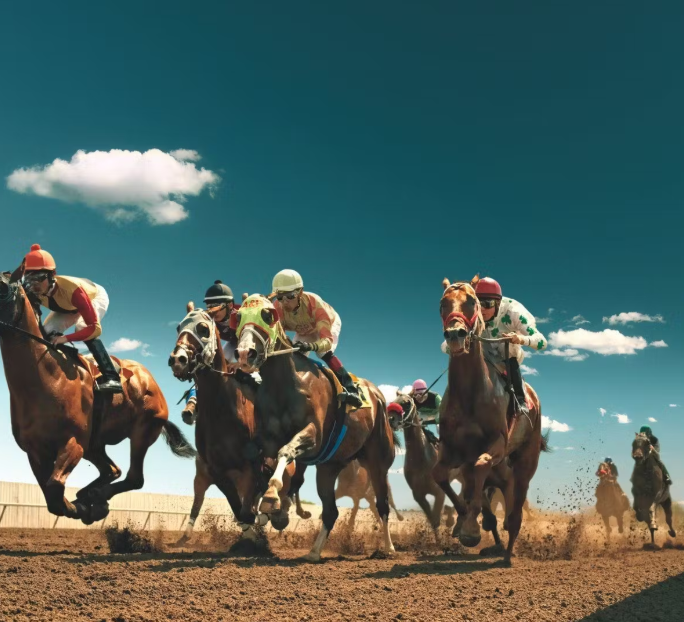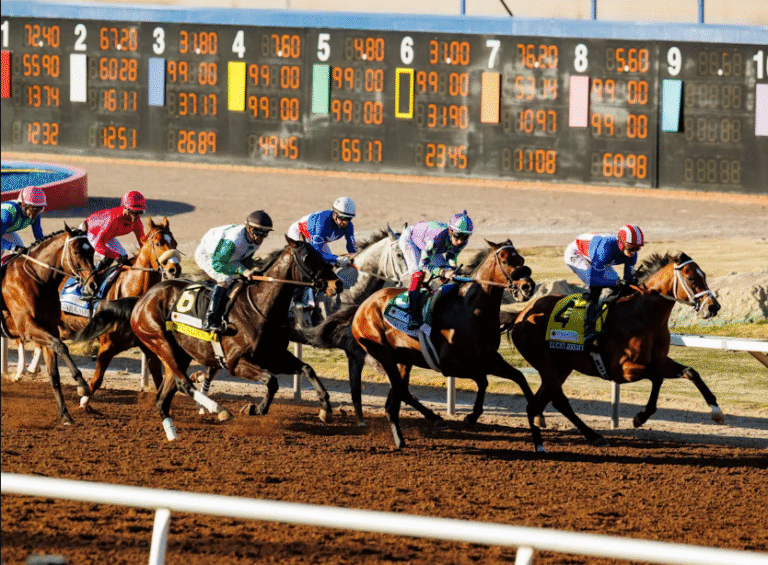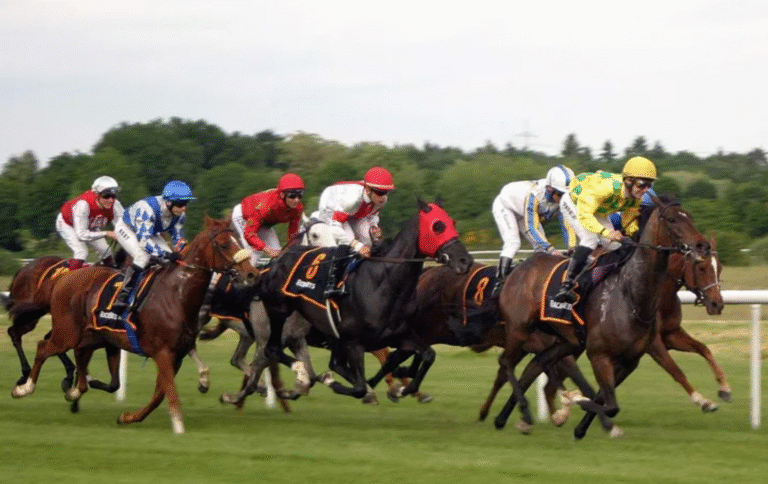How to Care for a Racehorse: Training, Diet, and Health Tips

Caring for a racehorse demands a comprehensive understanding of training, diet, and health. Each aspect plays a crucial role in maximizing performance and ensuring the horse’s well-being. Proper techniques in training can enhance strength, while a balanced diet fuels their stamina. Regular health care practices are vital for preventing issues. Understanding how these elements interconnect can lead to better outcomes for both horse and handler, prompting a deeper exploration into effective strategies.
Understanding Racehorse Training Techniques
How do trainers ensure that a racehorse reaches its peak performance?
They meticulously focus on saddle fitting to enhance comfort and prevent injuries.
Tailored exercise routines are designed to build strength and stamina, allowing the horse to move freely and efficiently.
See also: How to Bet on Horse Racing: Tips and Strategies for Beginners
Crafting a Balanced Diet for Optimal Performance
Although the physical training of a racehorse is crucial, a carefully crafted diet plays an equally vital role in achieving optimal performance.
A balanced diet, including high-quality grains and forage, ensures energy and stamina. Implementing consistent feeding schedules and incorporating nutritional supplements can enhance overall health.
This thoughtful approach not only supports peak performance but also fosters a sense of well-being and freedom for the horse.
Essential Health Care Practices for Racehorses
A well-balanced diet lays the groundwork for a racehorse’s physical fitness, but maintaining optimal health requires a comprehensive approach to care.
Essential health care practices include regular veterinary check-ups for preventive health, which help identify potential issues early.
Additionally, consistent grooming practices not only enhance the horse’s appearance but also promote skin health and bonding, ensuring a happier, healthier racehorse.
Monitoring and Assessing Your Horse’s Well-Being
What indicators reveal a racehorse’s overall well-being? Regular wellness checks and keen behavioral observations are essential.
A horse’s appetite, energy levels, and demeanor can signal health status. Monitoring physical condition, such as coat quality and muscle tone, complements these assessments.
Understanding these signs empowers caretakers to ensure their horse thrives, maintaining not just health, but also the spirit and freedom inherent in the equine experience.
Conclusion
In the world of racehorse care, one might assume that winning races is all about speed and agility. However, the true champions are those that thrive on meticulous training, a balanced diet, and attentive health management. Ironically, the horses that seem to fly down the track are often the ones that enjoy the most pampered lives, reminding us that success in racing hinges not on sheer talent alone, but on the unwavering dedication to their well-being.



